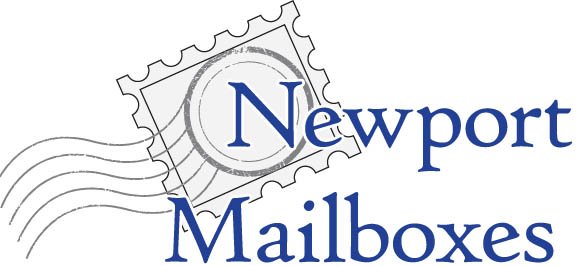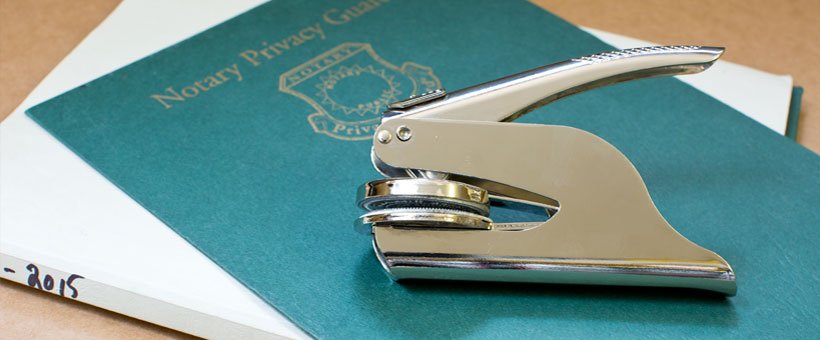As more businesses embrace remote and hybrid work models, the way we handle paperwork has also changed. From employment contracts to confidentiality agreements, many important documents are now completed digitally. But even in the digital age, some forms still require notarization to be legally binding. If you’re a remote worker or employer, knowing when and how to notarize documents—especially those involving e-signatures like DocuSign—is essential.
Let’s explore why notarizing remote work agreements matters, which documents might need it, and how modern notary Newport Beach services can support the needs of a flexible workforce.
Why Notarization Still Matters for Remote Work
Notarization provides an official confirmation that a document was signed voluntarily and by the correct person. Even when a document is signed electronically through platforms like DocuSign, some situations still require a notary’s seal.
Here’s why:
- Legal Assurance: Many states and organizations still require notarization to prevent fraud and confirm identity, even for remote agreements.
- Employer Protection: Notarized documents help protect companies by showing that contracts or agreements were properly executed.
- Employee Confidence: Remote workers signing long-term or sensitive agreements may want notarization to prove the terms are valid and enforceable.
Common Remote Work Documents That May Need Notarization
Although many remote work documents can be signed without a notary, there are some key situations where notarization is required or strongly recommended:
1. Remote Employment Agreements
Some companies ask for notarized employment agreements to confirm identity and reduce liability, especially if the employee is working from another state or country.
2. Confidentiality or Non-Disclosure Agreements (NDAs)
NDAs protect sensitive company information. In industries like tech, law, or healthcare, a notarized NDA helps make the terms more enforceable and reduces legal disputes later.
3. DocuSign Signature Add-Ons
Platforms like DocuSign allow users to add extra verification steps, such as notary blocks. In these cases, a digital or traditional notary may need to witness the signature and apply their seal, depending on the type of agreement.
4. Power of Attorney or Authorization to Work Documents
Some remote positions—especially in finance or legal support—require notarized power of attorney forms so an employee can act on behalf of a client or supervisor.
Electronic vs. Wet Signatures: What’s Required?
A “wet signature” is a traditional, physical signature written by hand, while an electronic signature is completed digitally. California law recognizes electronic notarization in some situations, but it also places limits on what can be notarized electronically.
Here’s what you need to know:
- Electronic Notarization: In California, e-notaries must be licensed and authorized to conduct notarizations through audio-video technology. However, California does not currently allow full remote online notarization (RON), which means signers still need to appear in person or use approved platforms.
- Wet Signatures: Some documents—like deeds or real estate contracts—still require wet signatures and in-person notarization. Employers should always double-check which rules apply based on the document type.
When in doubt, having a document notarized in person can help avoid delays or legal issues down the road.
How to Notarize Remote Work Documents
Whether you’re an employer needing notarized NDAs or a freelancer signing an employment agreement, the process is simple with the right support:
- Gather Your Documents: Make sure all forms are completed (but not signed) before seeing a notary.
- Bring Valid ID: A current photo ID (like a driver’s license or passport) is required for identity verification.
- Visit a Notary: For California residents, an in-person notary is often required for remote work documents.
- Sign in Front of the Notary: Don’t sign the document ahead of time—the notary must witness the signature.
- Receive the Seal: The notary will apply an official stamp and complete the notary journal entry.
Why Today’s Workforce Needs Flexible Notary Services
Remote and hybrid work models demand flexible solutions for everyday legal tasks. Notarization is no exception. Here’s why modern notary services matter more than ever:
- Busy Schedules: Remote employees may be working across time zones. Being able to visit a notary without an appointment makes the process faster and easier.
- Legal Compliance: Notarized agreements help companies meet compliance requirements, especially in industries like healthcare, tech, or finance.
- Document Accuracy: Professional notaries ensure that your documents are filled out correctly and meet the legal standards required for notarization.
Whether you’re a business onboarding new remote hires or a contractor managing multiple clients, notarized documents help protect both parties and create a foundation of trust.
Final Thoughts
In today’s digital world, more people are working remotely than ever before. While electronic signatures are convenient, they’re not always enough. Notarizing important documents like employment contracts, NDAs, or DocuSign agreements adds a layer of legal protection and peace of mind.
Understanding when notarization is needed—and working with a reliable notary—can help remote workers and employers avoid delays and make sure agreements are enforceable.
For those in Southern California, the team at Newport Beach Mailboxes is ready to help with all your document needs. Whether it’s a single signature or a stack of contracts, professional support is always close by.




